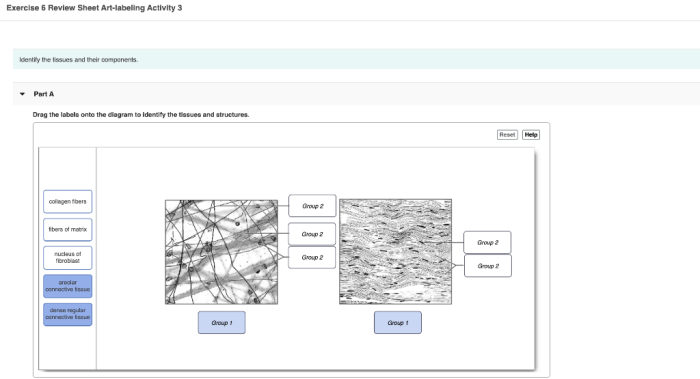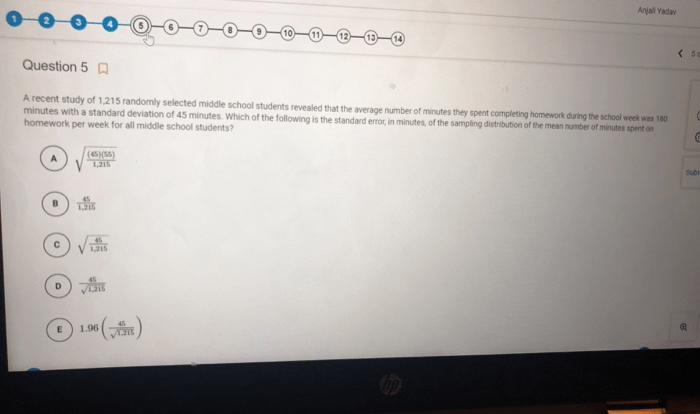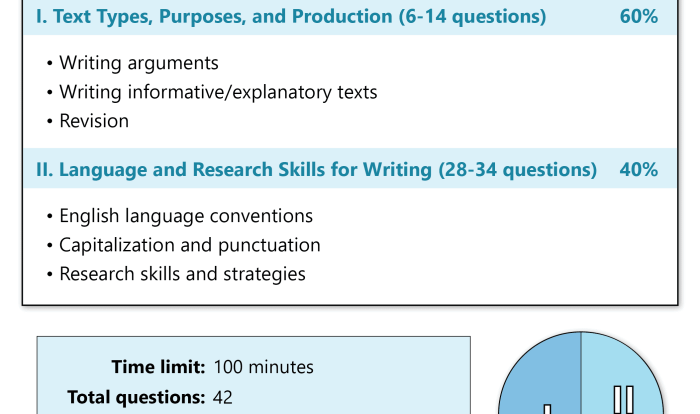The answer key to human anatomy and physiology laboratory manual plays a crucial role in facilitating effective learning and accurate assessment in these disciplines. This guide explores the significance of answer keys, their essential components, and their impact on student outcomes.
Accurate and comprehensive answer keys provide students with reliable references for self-checking and reinforcement of concepts. They help identify areas where further clarification is needed, fostering a deeper understanding of the subject matter.
Introduction
Answer keys play a crucial role in laboratory manuals for human anatomy and physiology courses, serving as indispensable tools for both instructors and students. They provide accurate and comprehensive solutions to laboratory exercises, facilitating effective learning and assessment.
The significance of answer keys lies in their ability to enhance understanding of complex concepts, reinforce correct techniques, and provide feedback on student progress. They enable instructors to assess student comprehension and identify areas where further instruction is needed.
Components of an Answer Key
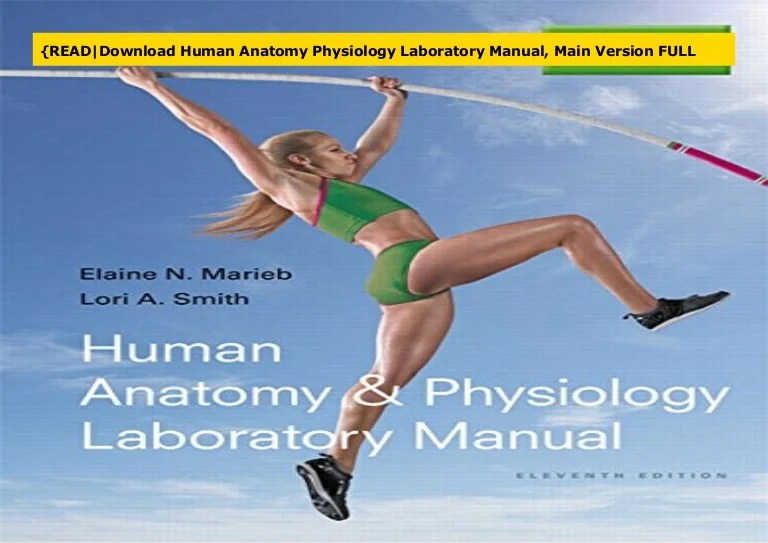
An effective answer key should include several essential components:
- Exercise objectives:Clearly state the learning goals of each exercise, providing students with a clear understanding of what they are expected to achieve.
- Step-by-step instructions:Provide detailed instructions on how to perform the exercise, ensuring that students can follow the procedures accurately and safely.
- Data tables and graphs:Include blank or partially filled-in data tables and graphs, allowing students to record and analyze their observations.
- Expected results:Provide the anticipated outcomes of the exercise, including expected measurements, observations, and conclusions.
- Discussion questions:Include questions that prompt students to reflect on the exercise and apply their understanding to real-world scenarios.
Types of Answer Keys
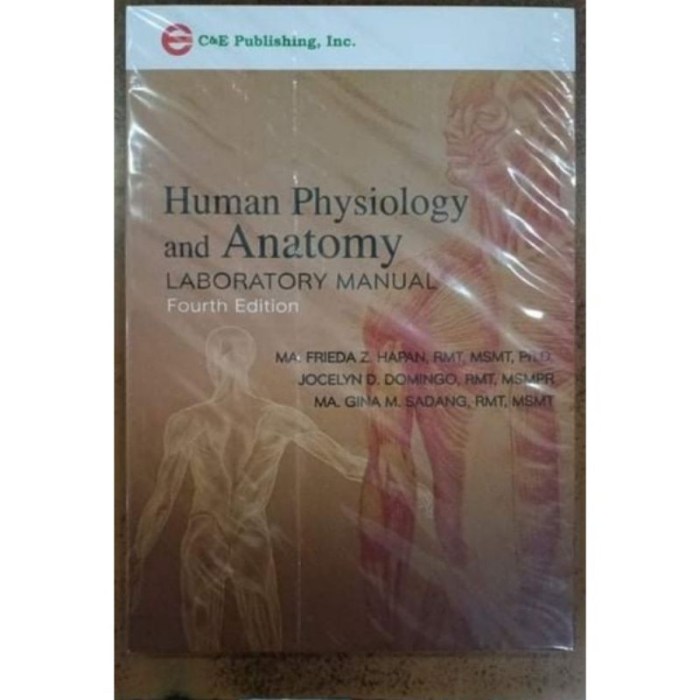
Answer keys can be categorized into different types based on their format and content:
Comprehensive Answer Keys, Answer key to human anatomy and physiology laboratory manual
Provide detailed explanations and justifications for all answers, including references to relevant course materials. These keys are ideal for students who need additional support and guidance.
Partial Answer Keys
Offer solutions to only a portion of the exercises, encouraging students to complete the remaining exercises independently. This approach fosters critical thinking and problem-solving skills.
Annotated Answer Keys
Include additional notes and annotations to clarify concepts, provide background information, or highlight common errors. These keys are beneficial for students who want to gain a deeper understanding of the material.
Evaluation of Answer Keys
To ensure the quality of answer keys, they should be evaluated based on the following criteria:
- Accuracy:Answers should be accurate and supported by reliable sources.
- Completeness:Keys should provide solutions to all relevant questions and exercises.
- Clarity:Instructions, explanations, and answers should be written in clear and concise language.
- Consistency:Answer keys should use consistent terminology and formatting throughout.
- Alignment with Course Objectives:Keys should align with the learning objectives and content of the laboratory manual.
Use of Answer Keys in Teaching
Instructors can effectively utilize answer keys in teaching by:
- Providing immediate feedback:Answer keys allow instructors to provide timely feedback to students on their progress.
- Guiding student learning:Keys can help students understand the correct procedures and expected outcomes, facilitating self-directed learning.
- Assessing student comprehension:Instructors can use answer keys to assess student understanding and identify areas where additional instruction is needed.
- Supplementing lectures:Answer keys can provide additional information and examples, supplementing lectures and reinforcing concepts.
- Enhancing student confidence:Answer keys can boost student confidence by providing a reference for correct answers and reducing anxiety.
Ethical Considerations
The use of answer keys raises ethical concerns, particularly regarding academic integrity and student reliance on keys.
To address these concerns, instructors should:
- Encourage responsible use:Emphasize to students that answer keys should be used as a learning tool, not a substitute for independent work.
- Monitor student use:Instructors should monitor student use of answer keys to prevent over-reliance and promote active learning.
- Promote academic integrity:Answer keys should not be used to facilitate cheating or plagiarism. Instructors should have clear policies and procedures in place to address academic misconduct.
Emerging Trends: Answer Key To Human Anatomy And Physiology Laboratory Manual
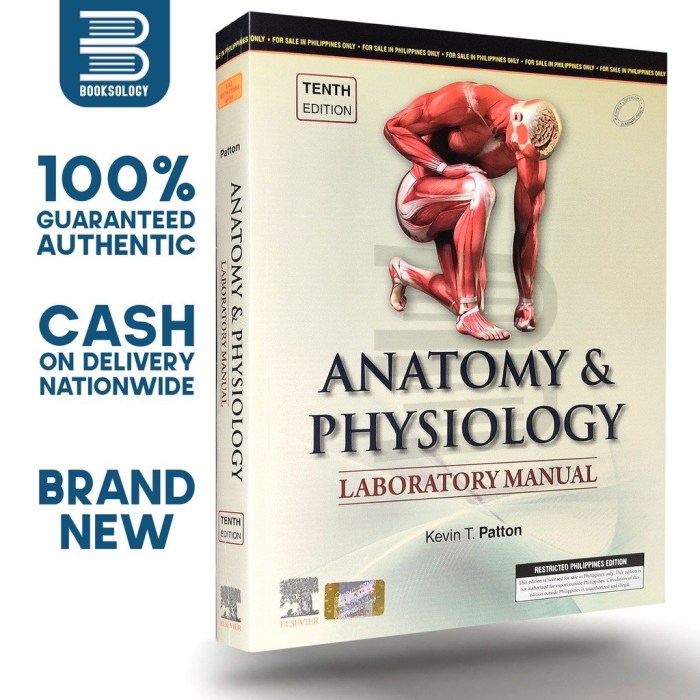
The development and use of answer keys for human anatomy and physiology laboratory manuals are evolving, influenced by emerging trends such as:
- Technology integration:Online answer keys and interactive simulations are becoming more prevalent, enhancing accessibility and engagement.
- Adaptive learning:Answer keys can be integrated into adaptive learning platforms, providing personalized feedback and guidance to students.
- Data analytics:Answer key data can be analyzed to identify patterns and improve the effectiveness of laboratory exercises.
FAQ Summary
What is the purpose of an answer key in a laboratory manual?
Answer keys provide accurate references for students to check their work, reinforce concepts, and identify areas where further clarification is needed.
What are the essential components of an answer key?
Essential components include clear instructions, accurate answers, explanations or justifications, and references to relevant materials.
How can answer keys enhance student learning?
Answer keys facilitate self-checking, promote critical thinking, and provide opportunities for students to reflect on their understanding.

